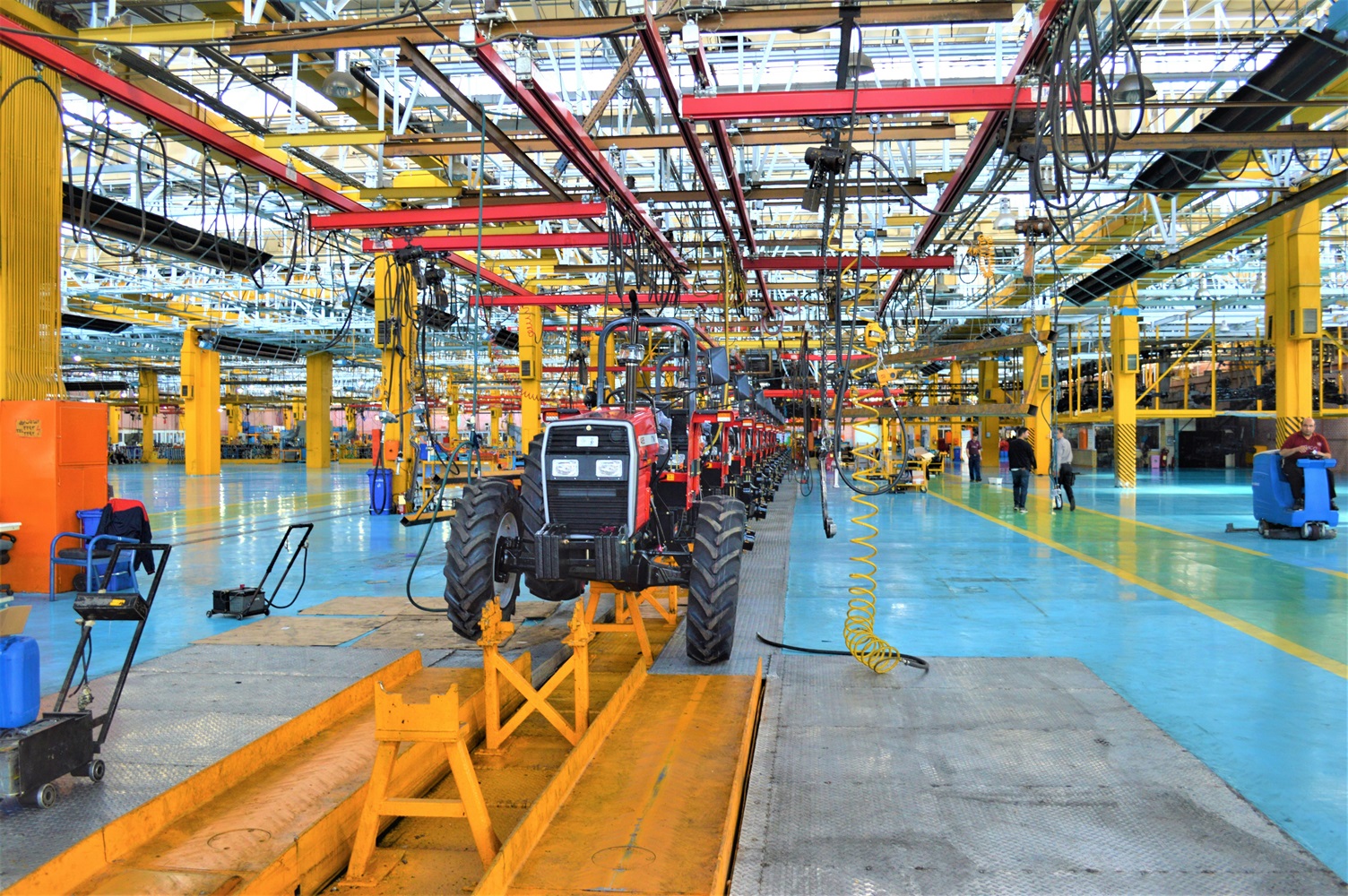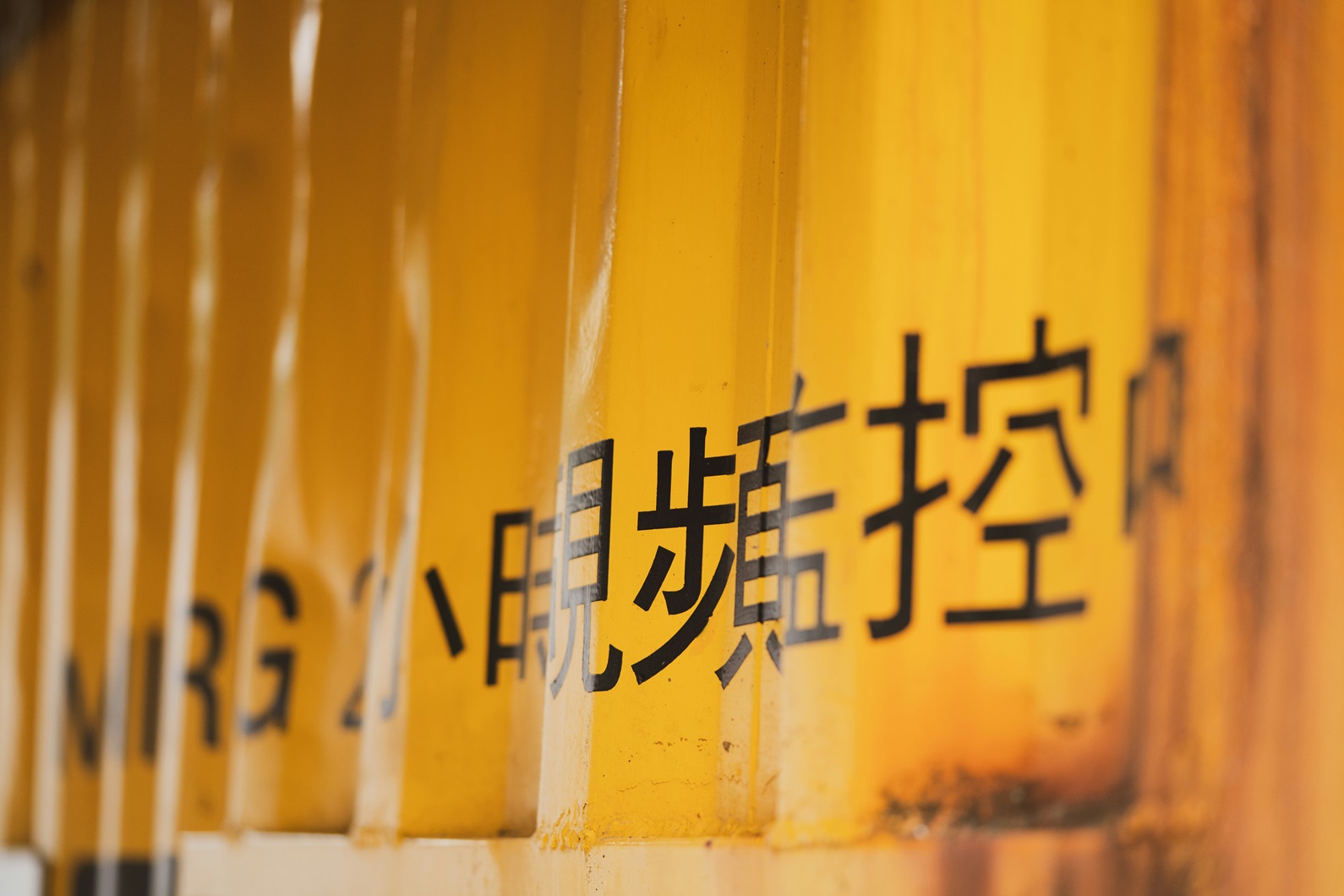International
China exports 139 billion USD only in EvCars, lithium batteries, and solar cells. Can this trend last, or will it end in a huge glut?

China’s 1 trillion yuan ($139 billion) exports of electric vehicles, lithium batteries, and solar cells may face a new set of challenges this year: Western countries see this expansion as a threat and will try to retaliate to try to limit the penetration of Made in China products. However, there is a limit to what these countries can import from Beijing.
Lawsuits and tariff increases by the United States and the European Union against the perceived oversupply of cheap products could curb a critical segment of the world’s second-largest economy unless China diversifies from the West and increases domestic demand, analysts said.
“The key question is how these industries battle these growing headwinds, which are not only related to finding new trade opportunities but also balancing geopolitical and trade policy risks,” said Nick Marro, chief global trade analyst at the Economist Intelligence Unit.
“I think for Western policymakers, this will not be so much an ‘excuse’ to do protectionism, but rather a reflection of real anxieties related to the possibility of these products distorting their markets.”
He also noted that there is a “growing sentiment” in Western capitals against the idea of their consumers subsidizing China’s growth engine. The European Commission has launched anti-subsidy investigations into Chinese electric vehicles and a train manufacturer, while the U.S. Department of Commerce has imposed import duties on solar panel manufacturers that refine products in Southeast Asia to avoid tariffs on made-in-China products. The U.S. government has already blocked EV battery materials from China as a “foreign entity of concern.”
The war in Ukraine, the second anniversary of which marks Saturday, is another factor affecting China’s ties with Western markets. On Thursday, the British government announced a new sanctions package against Russia that includes three Chinese electronics companies.
Chinese industrial subsidies are under scrutiny only in the auto-EV sector. CRRC rail equipment company Qingdao Sifang is under investigation in Europe for receiving state development subsidies.
A major overproduction problem
China, then, is producing far more than the world market can absorb in certain sectors. Annual solar panel supply capacity reached between 800 and 1,100 gigawatts last year, well above the projected global demand of about 300 gigawatts, according to the Economist Intelligence Unit. A similar situation exists in the lithium battery sector, where production volumes are higher than the uptake from the auto sector. In this situation, prices can only collapse unless Chinese domestic demand develops further.
Chen Zhiwu, professor of finance at the University of Hong Kong, said local governments provide venture capital and land tax breaks to EV companies. “Beijing recognizes that insufficient domestic demand is a key economic challenge,” said Wang Zichen, a researcher at the Center for China and Globalization in Beijing.
“However, expanding domestic demand is a difficult undertaking that requires time, effort, and, perhaps most importantly, domestic reforms.”
As rumors of China-EU “de-risking” grow louder, why focus on electric cars? What will happen to the capital invested by local governments in EV cars?
A capital risk issue
If there is no global demand development in these sectors of strong Chinese-subsidized exports, the risk is that companies will have to either close down directly or otherwise reduce production facilities. The result will be the destruction of the capital invested in these sectors. Practically, the oversupply will lead to the destruction of capital, burned on the pyre of bad and excessive investment.
There are avenues of risk reduction in addition to developing domestic demand, for example, by diversifying sales to non-Western countries as well, but these, on the one hand, have limited demand, and on the other hand, countries like India nevertheless want to develop their domestic industry by limiting Chinese imports.






